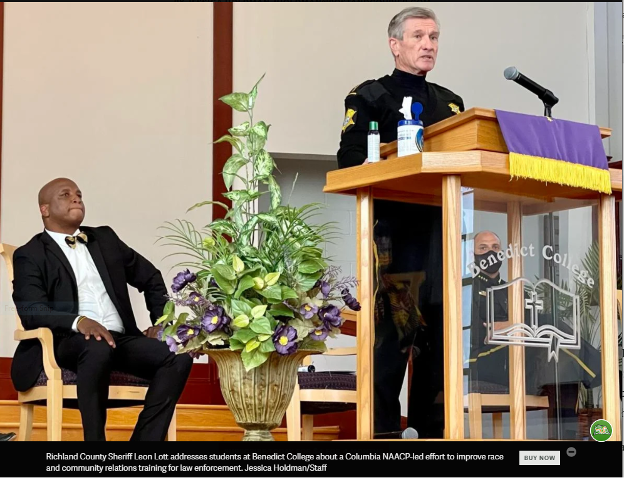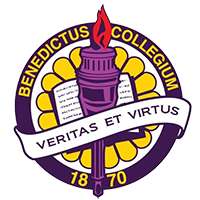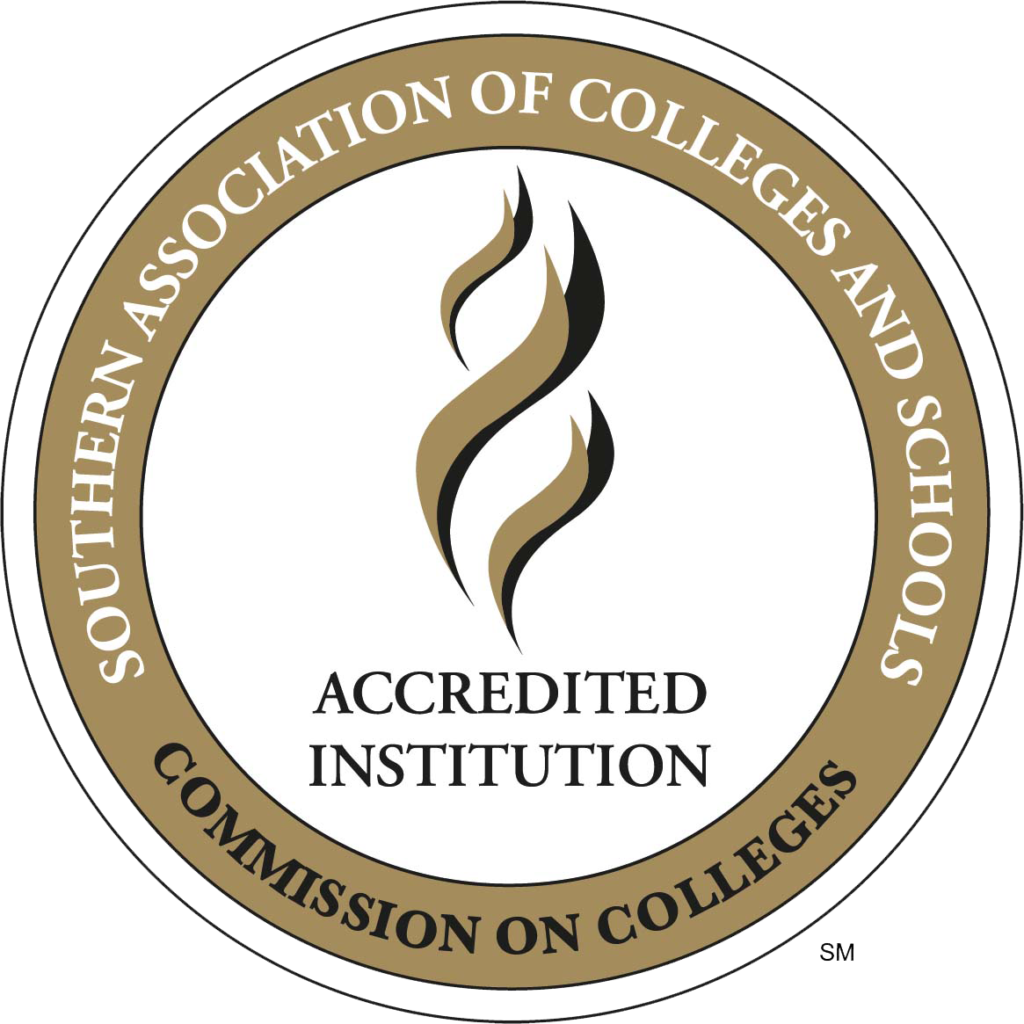COLUMBIA — Following protests in South Carolina and nationwide against police brutality in the wake of the killing of Minnesota man George Floyd, Oveta Glover began to think social justice reform was not a job police departments should have to take on alone.
“How can we help law enforcement?” the Capital City’s NAACP chapter president asked.
She charged the group’s newly formed Communal Race Relations Training Selection Committee, made up of various community groups and professionals — mental health and social workers, church leaders, and members of the nonprofit 100 Black Men of Greater Columbia, to work alongside police and offer suggestions.
After 11 months of work, Columbia Police Chief Skip Holbrook and Richland County Sheriff Leon Lott stood alongside Glover and her committee members at Benedict College promising to implement training improvements in their departments.
“Law enforcement personnel are not experts in implicit bias. They’re not experts in cultural diversity. And yet they were forced to deal with those topics by themselves,” said Walter Shawn McDaniels a committee member who recently retired from the Richland County Sheriff’s Department after 23 years to teach criminal justice and conflict resolution at Benedict.
This effort brought in professionals from other fields to share expertise and ask questions, as well as community members, to help reach solutions.
“I just found the openness has been really heartening. It’s not always like that,” said Judith McKay, a conflict resolution professor at Nova Southeastern University in Fort Lauderdale, Fla., who participated on the committee.
And as recently as a month ago, McDaniels said Richland County had citizens volunteer to act in scenario-based training for officers, running through instances from traffic stops to domestic violence calls.
“Getting our citizens involved in our training is essential to helping us understand both sides,” McDaniels said. “It’s real-life citizens, giving them realistic training. In that regard, getting our citizens to be a part of it opens the door for transparency as well.”
McKay is also hoping to hear directly from residents about their experiences and even turn those stories into training scenarios so that the role playing is as realistic as possible.
The scenarios are recorded and the tape is reviewed following each interaction to give the officers feedback.
The next step for the committee is to monitor the departments to see whether those group-developed suggestions are used in training and whether they’re effective, Glover and McDaniels said.
To go along with the hands-on training, McDaniels said the committee is tapping Nova Southeastern University to develop tests for officers to take before and after training, allowing departments to gauge how much was learned. He said this type of measurement is new to Columbia-area law enforcement training.
Nova professors will also develop and perform an outside assessment of how well the departments are implementing community feedback into their training.
“We have done a lot of reflection over the last 18 months about what policing has looked like and what it needs to look like,” said Columbia Police Chief Holbrook.
While the department already has some policies and training in place he said that doesn’t mean they can’t continue to learn and work together with the community.
“After George Floyd’s death, law enforcement realized we need to do a better job. We were lacking training. We were lacking understanding,” Sheriff Lott said. “I think citizens’ voices have been loud and clear. They want change. They want change in how we do things. They want changes in our procedures. They want change in our educational process.”
The group went on to say it hopes any success that comes out of this program might also go on to be adopted across South Carolina and in other parts of the country.
Post and Courier, Jessica Holdman, 2021.




